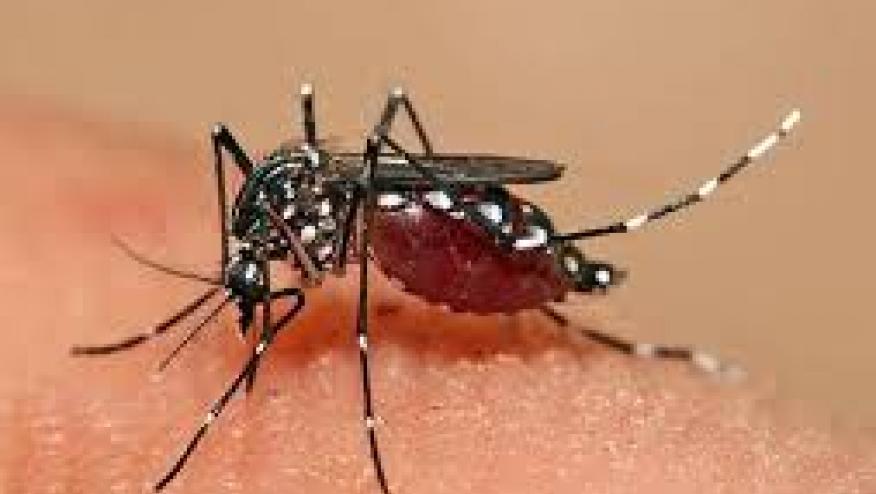Recognizing Arboviral Infections in Rheumatic Disease Patients. Save

What does sex have to do with it?
Recently, arboviral infections have been ever-present in the news and the concerns surrounding pregnancy complications from Zika virus infection have grown. We also know that arboviruses such as Chikungunya, Zika and Dengue, to name a few, are on the list of differential diagnoses for patients presenting with acute or subacute febrile rheumatic symptoms after returning from an endemic area; but is this the only scenario when these etiologies of infectious arthritis should appear on our differential?
A patient presents to your clinic with new onset fevers and arthralgias. He is otherwise healthy. He has not travelled to an area endemic for Zika, but his wife just returned from a trip to Puerto Rico 2 weeks ago. Should you be concerned about an arboviral infection?
The answer is yes.
The facts:
Zika virus is transmitted by the bite of an infected Aedes species mosquito, and can also be transmitted vertically from an infected mother to her fetus. More recently, we have learned that the virus can be transmitted sexually, even if the infected patient is asymptomatic at the time.
CDC recommendations for travelers returning from Zika areas (Citation source: http://buff.ly/2csekk0):
- Pregnant women should not travel to areas with Zika
- If you partner is pregnant, use condoms or avoid sexual intercourse for the reminder of the pregnancy
- If infected with Zika:
- Men are advised to use condoms or abstain from sex for ≥6 months after onset of symptoms
- Women are advised to use condoms or abstain from sex for ≥8 weeks after onset of symptoms
The majority of patients infected with Zika will be asymptomatic, unlike infection with Chikungunya or Dengue where the vast majority of patients will present symptomatically. Zika symptoms are usually mild and can include fever, rash, joint pain, myalgias and conjunctivitis. If infection is suspected, serum and urine RT-PCR should be done during the first 2 weeks after start of symptoms. A positive test is sufficient to make a diagnosis. If RT-PCR testing is negative, anti-Zika IgM and IgG may be checked. A similar testing algorithm can be done for Chikungunya and Dengue.
Chikungunya, like Zika, is transmitted through the bite of an infected Aedes mosquito, or can be spread in a human-mosquito-human cycle by an uninfected mosquito biting a viremic human. Vertical transmission has also been reported (Robillard PY, et al. vertical maternal fetal transmission of the Chikungunya virus. Ten cases among 84 pregnant women. Presse Med 2006. 35;785-8.).
Dengue, one of the most important mosquito-borne viral diseases worldwide, is also transmitted by the Aedes species of mosquito and transmission occurs in a similar fashion to Chikungunya. Neither Chikungunya nor Dengue are known to be transmitted sexually.
If you are looking for more information, I encourage you to sign up for the Zika Reporter Bulletin at http://zikareporter.com







If you are a health practitioner, you may Login/Register to comment.
Due to the nature of these comment forums, only health practitioners are allowed to comment at this time.